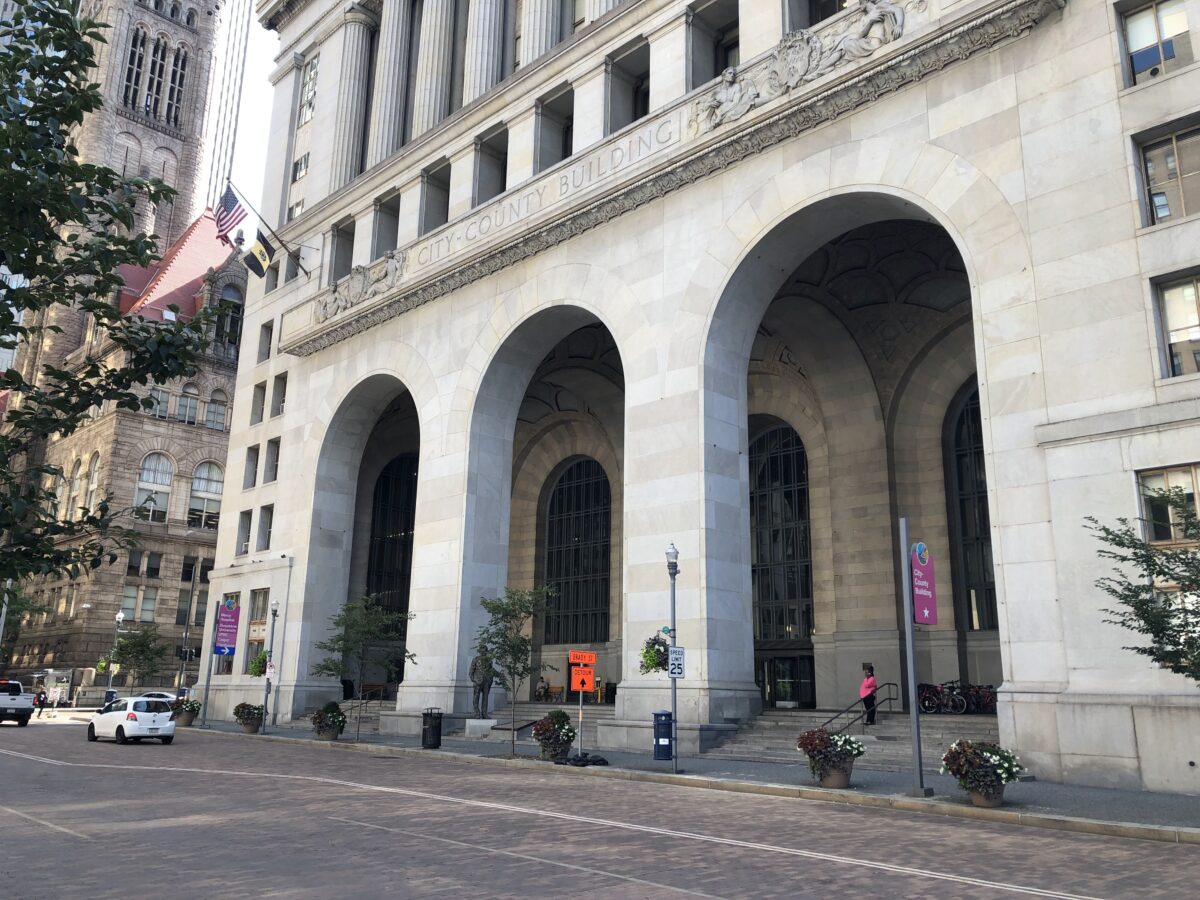Pittsburgh will begin publishing a list each day through the Western Pennsylvania Regional Data Center of most city-owned properties, offering community members a new level of detail into its real estate portfolio.
The city owns roughly 13,000 properties, ranging from parkland to public safety facilities to vacant lots and structures, though only the roughly 2,000 marked for sale could previously be viewed in a straightforward manner through the ePropertyPlus website. Prior mayoral administrations had been aggressive in acquiring tax-delinquent properties through treasurer sales, building up a massive inventory that current officials are now evaluating and trying to scale down.
Nearly 60% of city-owned properties face administrative holds preventing them from readily being sold, the Union Progress previously reported after obtaining a copy of the now-published property list through a records request. Little information is available publicly about how, why or when a property gets shunted into a hold category, or ways it could later be taken out.
Gainey administration officials previously told the Union Progress that they are beginning a review of all city-owned land, hoping to clear holds where possible and list more properties for sale. The city planning department hired a new staffer earlier this year to work on vacant properties.
“The hope is by setting up a structure and a system that is clear and easily accessible, that folks will avail themselves of acquiring properties through those avenues — again, be it through the city, be it through the land bank, be it through the [Urban Redevelopment Authority] — in order to advance projects that are in line with what communities and what local neighborhoods want to see,” said Kyle Chintalapalli, the city’s chief economic development officer.
Advocates have called for the city to transfer properties deemed suitable for redevelopment to the land bank. The agency is designed to acquire vacant or abandoned properties and clear tax lien liabilities, then get them back on the open market for community-minded redevelopment.
Jon, a copy editor and reporter at the Pittsburgh Post-Gazette, is currently on strike and working as a co-editor of the Pittsburgh Union Progress. Reach him at jmoss@unionprogress.com.


